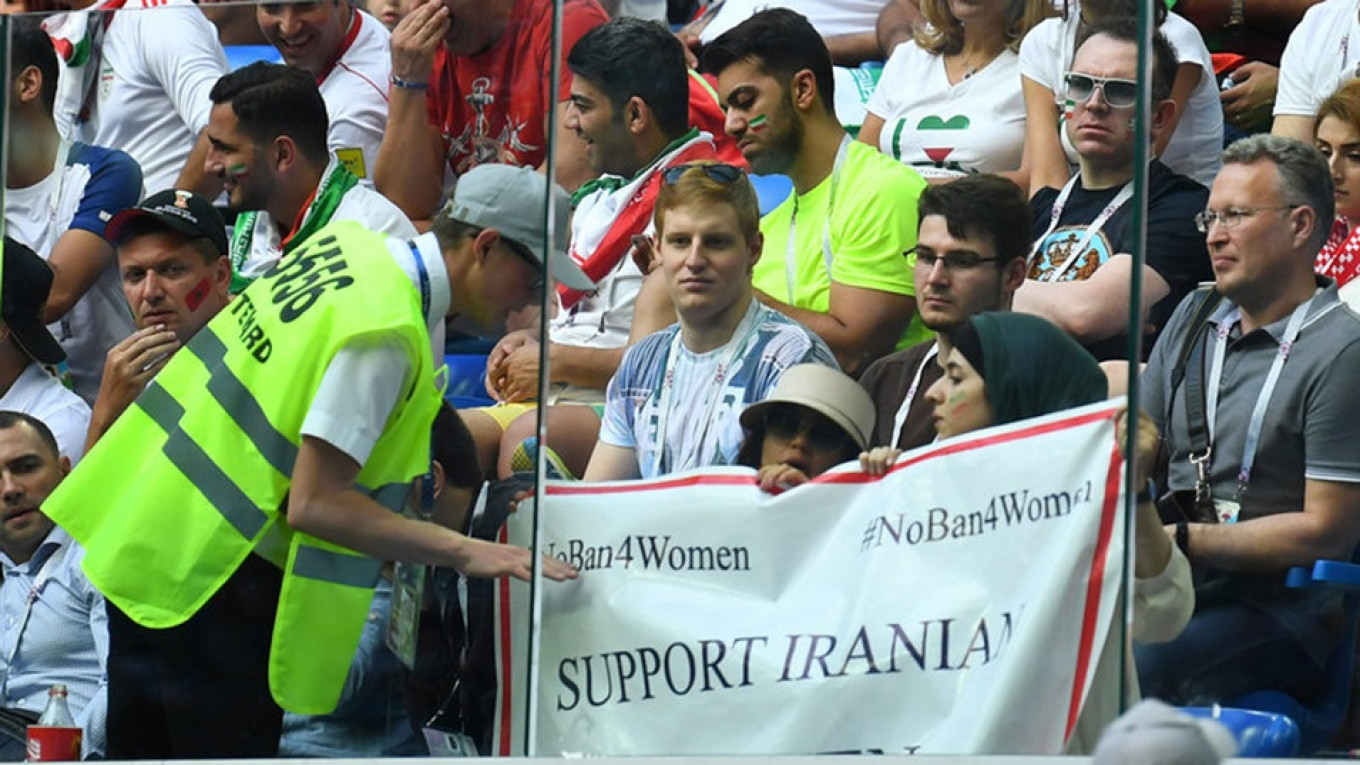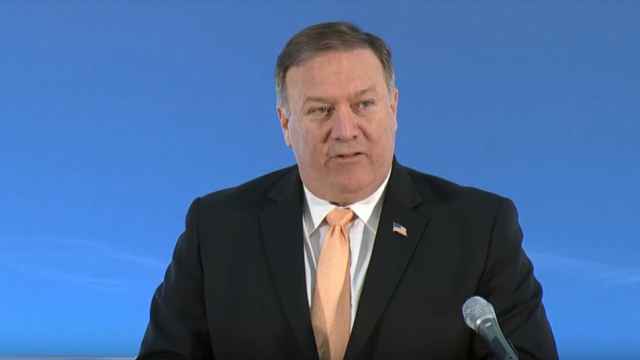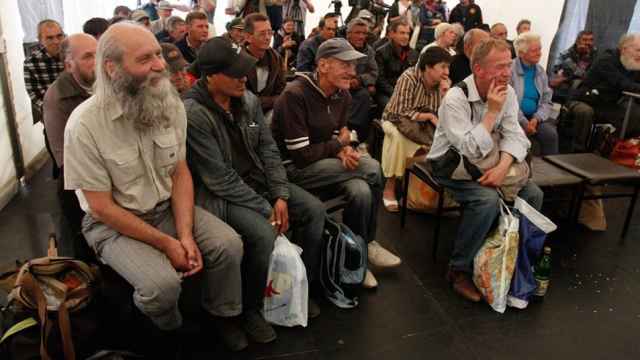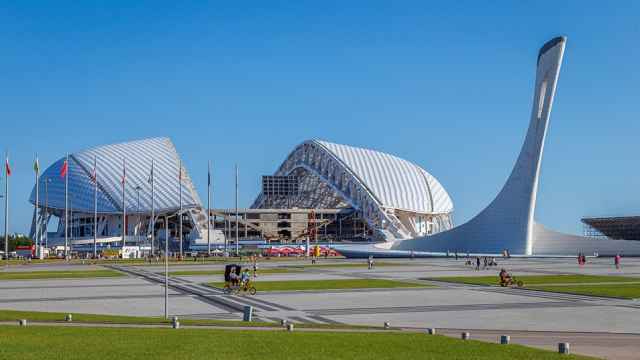An Iranian activist blocked from a World Cup match in Russia after demonstrating against her country's ban on women attending football games planned to renew her protest at a match on Monday, as global pressure mounted on Tehran to change its policy.
Maryam Qashqaei Shojaei made headlines when she unfurled a banner during Iran's first World Cup match against Morocco, but was prevented from repeating the protest at Iran's second game against Spain last week.
On Monday Shojaei said authorities who confiscated her banner had transported it to Russia's Mordovia Arena, where Monday's match between Iran and Portugal is taking place.
"It feels like a victory to be holding up the banner again," she told the Thomson Reuters Foundation.
The move came amid heightened pressure on the Islamic republic, which lifted its ban temporarily for the first time last week when it allowed families to watch a broadcast of the match against Spain in a section of the stadium.
Nobel laureate Shirin Ebadi joined a host of prominent women of Iranian origin in calling for world football's governing body FIFA to press Iran to end its decades-old ban on women attending male sporting events.
Oscar-nominated actress Shohreh Aghdashloo, Homeland actress Nazanin Boniadi, singer Googoosh and comedian Shappi Khorsandi were among 18 women to sign an open letter to FIFA, saying it had "for too long closed its eyes".
"The disconnect between the people of Iran and the government of Iran on this issue is glaring," read the letter being circulated by the Center for Human Rights in Iran, a New York-based advocacy group of which Boniadi is a board member.
It said the ban derived from the same mentality that also prevented Iranian women from traveling alone or having equal weight in a court of law.
"By challenging this discriminatory behavior, one is challenging this mentality in all its applications," it said.
Iran banned women from attending male sporting events after the 1979 Islamic Revolution, partly to protect them from hearing fans swear.
"Women in Iran face far greater problems than the stadium ban but by challenging this ban we hope to shine a light on the broader inequality women face in Iran," Boniadi told the Thomson Reuters Foundation.
OpenStadiums, which has campaigned for the ban to be overturned, tweeted on Monday that Tehran's Azadi Stadium had opened its doors to women to watch a live screening of the match between Iran and Portugal.
Ebadi told the Thomson Reuters Foundation by email she hoped that would "open the way (to a permanent lifting of the ban) because the government will realise that the presence of women alongside men will not lead to any problem".
Shojaei, whose banner reads "support Iranian women to attend stadiums #NoBan4Women", said she had been told last week's incident was due to a "misunderstanding" by police.
FIFA said last week it had approved such banners as they expressed "a social appeal" rather than a political slogan.
Large numbers of Iranian women have travelled to Russia for the World Cup, plastering social media with photos of themselves cheering on their team.
Ahead of the tournament, Shojaei launched an online petition urging FIFA President Gianni Infantino to pressure Iran to overturn its ban.
By Monday, the petition had passed its target of 100,000 signatures – symbolising the number of seats in Azadi Stadium.
A Message from The Moscow Times:
Dear readers,
We are facing unprecedented challenges. Russia's Prosecutor General's Office has designated The Moscow Times as an "undesirable" organization, criminalizing our work and putting our staff at risk of prosecution. This follows our earlier unjust labeling as a "foreign agent."
These actions are direct attempts to silence independent journalism in Russia. The authorities claim our work "discredits the decisions of the Russian leadership." We see things differently: we strive to provide accurate, unbiased reporting on Russia.
We, the journalists of The Moscow Times, refuse to be silenced. But to continue our work, we need your help.
Your support, no matter how small, makes a world of difference. If you can, please support us monthly starting from just $2. It's quick to set up, and every contribution makes a significant impact.
By supporting The Moscow Times, you're defending open, independent journalism in the face of repression. Thank you for standing with us.
Remind me later.






